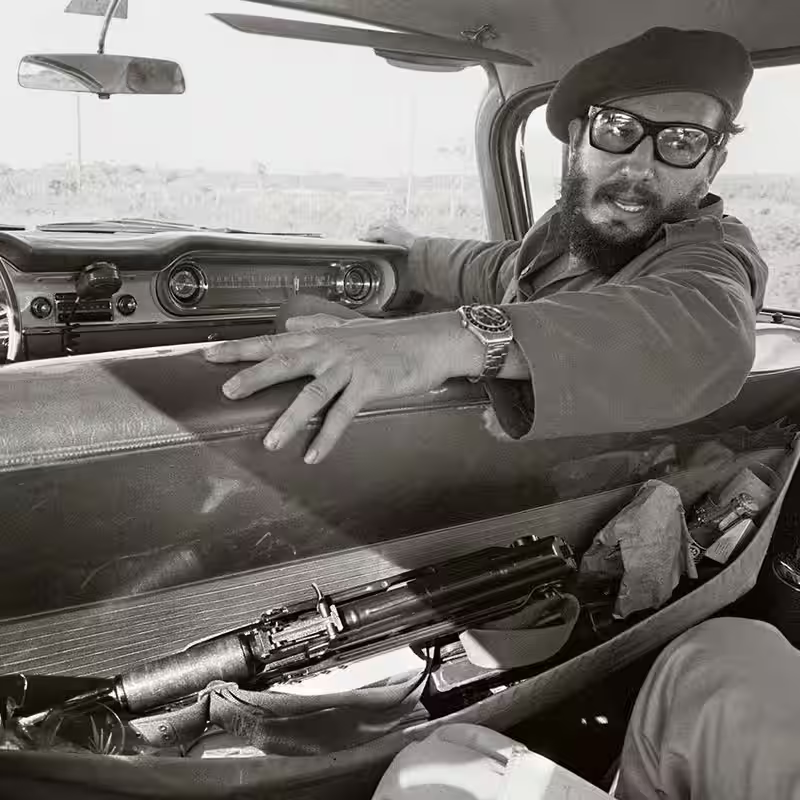Table of Contents
- CIA’s Shadow War in Latin America
- Notable CIA Covert Operations
- Modern Echoes of Intervention
- Public Reckoning and Declassified Files
- Sources
CIA’s Shadow War in Latin America
For much of the 20th century, the CIA in Latin America operated not as a spy agency, but as a shadow government—orchestrating coups, arming rebels, and even plotting assassinations under the guise of containing communism during the Cold War.
From Guatemala to Chile, democratically elected leaders were toppled, often with devastating long-term consequences for the region. Now, as the Trump administration reportedly authorizes new covert actions in Venezuela, the ghosts of these interventions are resurfacing in public memory—and in declassified archives.
Notable CIA Covert Operations
Declassified documents and historical investigations reveal a pattern of U.S. interference across Latin America:
| Year | Country | Operation | Outcome |
|---|---|---|---|
| 1954 | Guatemala | Operation PBSuccess | Overthrew President Jacobo Árbenz; installed military dictatorship |
| 1961 | Cuba | Bay of Pigs Invasion | Failed attempt to oust Fidel Castro; strengthened his regime |
| 1973 | Chile | Project FUBELT | Supported coup that killed President Salvador Allende; installed Pinochet |
| 1980s | Nicaragua | Contra War | Funded anti-Sandinista rebels; led to Iran-Contra scandal |
In Guatemala, the CIA didn’t just back insurgents—it compiled assassination lists and trained pilots to bomb government positions. In Chile, the agency funneled millions to opposition groups and spread propaganda to destabilize Allende’s socialist government.
Even bizarre schemes made it into official planning: one declassified memo from the early 1960s proposed slipping Castro a chemical to make his beard fall out—another suggested poisoning his cigars.
Modern Echoes of Intervention
Though the Cold War ended over three decades ago, U.S. covert activity in Latin America hasn’t vanished. According to recent reports, the Trump administration has secretly authorized the CIA to conduct covert operations against Venezuela’s authoritarian leader, Nicolás Maduro.
While details remain classified, officials say the campaign includes intelligence gathering, support for dissident factions, and possibly cyber operations—all echoing tactics from the agency’s 20th-century playbook.
Critics warn that such actions risk repeating past mistakes. “Every time the U.S. tries to engineer regime change in Latin America, it breeds anti-American sentiment and long-term instability,” said Dr. Elena Márquez, a historian at Georgetown University.
Public Reckoning and Declassified Files
Since the 1990s, thousands of CIA documents have been declassified under the Freedom of Information Act and congressional pressure. These files confirm what many Latin Americans long believed: that U.S. policy prioritized geopolitical control over democracy.
In 1999, President Bill Clinton even apologized during a visit to Guatemala, calling the 1954 coup “a wrong that we must acknowledge.” Yet no formal reparations followed.
Today, as new generations demand accountability, the legacy of the CIA in Latin America remains a cautionary tale about the costs of secret wars—and the enduring consequences of foreign interference.




